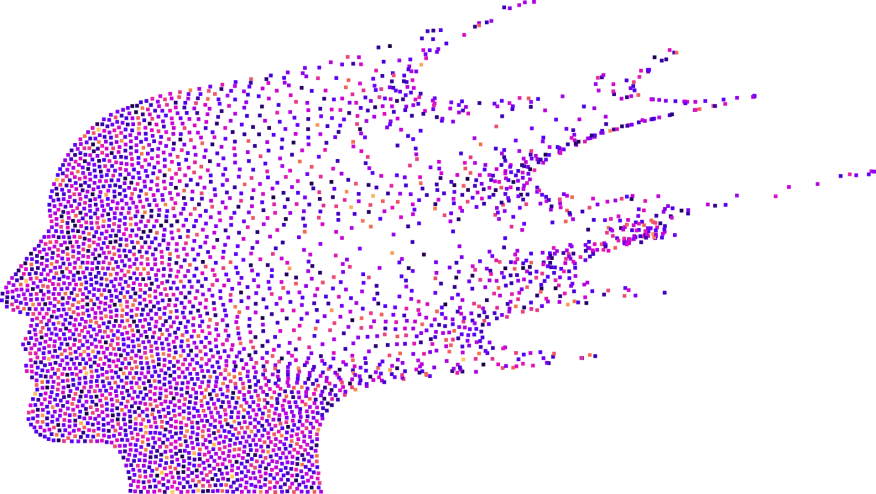Cognitive Impairment: The Hidden Burden in Lupus Care Save

Suppose you have a patient with systemic lupus erythematosus (SLE) returning for follow-up. Their joint symptoms are well controlled. The kidneys—managed with a combination of biologic DMARD and mycophenolate—show no signs of active urinary sediment or protein. Yet, during the routine visit, your patient brings up fatigue and difficulty remembering things. How do you address this?
While the field of lupus research has seen remarkable progress, cognitive impairment (CI) remains a pressing issue for many of our patients. It can have a profound impact on the quality of life. Despite this, much remains unknown about its epidemiology, clinical presentation, and pathogenesis.
Dr. Zahi Touma and colleagues from the University of Toronto are leading the way in understanding cognitive impairment in SLE. Their group has presented several abstracts at ACR Convergence 2024 on this topic. Abstract 1506 evaluated the prevalence of CI using two different definitions based on scores and the number of domains affected derived from the ACR Neuropsychological Battery. The study found that cognitive impairment affects between 30% to 42% of the participants in the SLE cohort. Interestingly, certain domains, such as visuospatial construction, were most frequently impaired, affecting 40 to 50% of patients, depending on the definition used. Learning and memory were also frequently impacted, underscoring the widespread nature of these deficits.
Abstract 1513 explored subjective cognitive impairment. The investigators utilized the Perceived Deficits Questionnaire (PDQ-20) to assess patient-reported cognitive difficulties. Through cluster analysis, the researchers identified two distinct groups of SLE patients. Those in the group with poor subjective cognitive function exhibited significant impairments in attention and planning/organization. Additionally, these patients reported more fatigue and poor sleep quality.
These studies highlight the variability of cognitive impairment in SLE, both in terms of prevalence and affected domains. Clinically recognizing CI and the affected domains is critical. It can provide a framework for targeted interventions and potential biomarker discovery.
Advances in biomarker research are helping to unravel the underlying mechanisms of cognitive impairment in lupus. Abstract 1504 identified specific serum analytes (S100A8/A9, MMP-9, and IL-6) associated with cognitive dysfunction. These markers may provide a window into the pathophysiology of CI. Further investigation is warranted.
Cognitive impairment is often viewed as a consequence of aging, driven by immunosenescence. However, emerging evidence suggests this pathway may not completely apply to SLE. Abstract 1514 identified specific subsets of CD4+ and CD8+ T cells in SLE patients with CI associated with cellular exhaustion, challenging our notion that cognitive impairment is driven by a different process rather than aging.
In conclusion, cognitive impairment is a significant yet underrecognized manifestation of SLE. The prevalence and domains affected vary by the definitions used. Emerging data on potential biomarkers offer promises for better diagnostic and therapeutic strategies. Additionally, insights into the pathogenesis of CI suggest that cellular exhaustion, rather than immune aging, may play a more central role. To address this hidden burden, future research must focus on rigorous clinical evaluation, biomarker validation, and the development of targeted interventions.
By prioritizing cognitive impairment, we can enhance the quality of life for our patients with SLE, ensuring that progress in lupus therapy extends to the different domains impacted by the disease.










If you are a health practitioner, you may Login/Register to comment.
Due to the nature of these comment forums, only health practitioners are allowed to comment at this time.